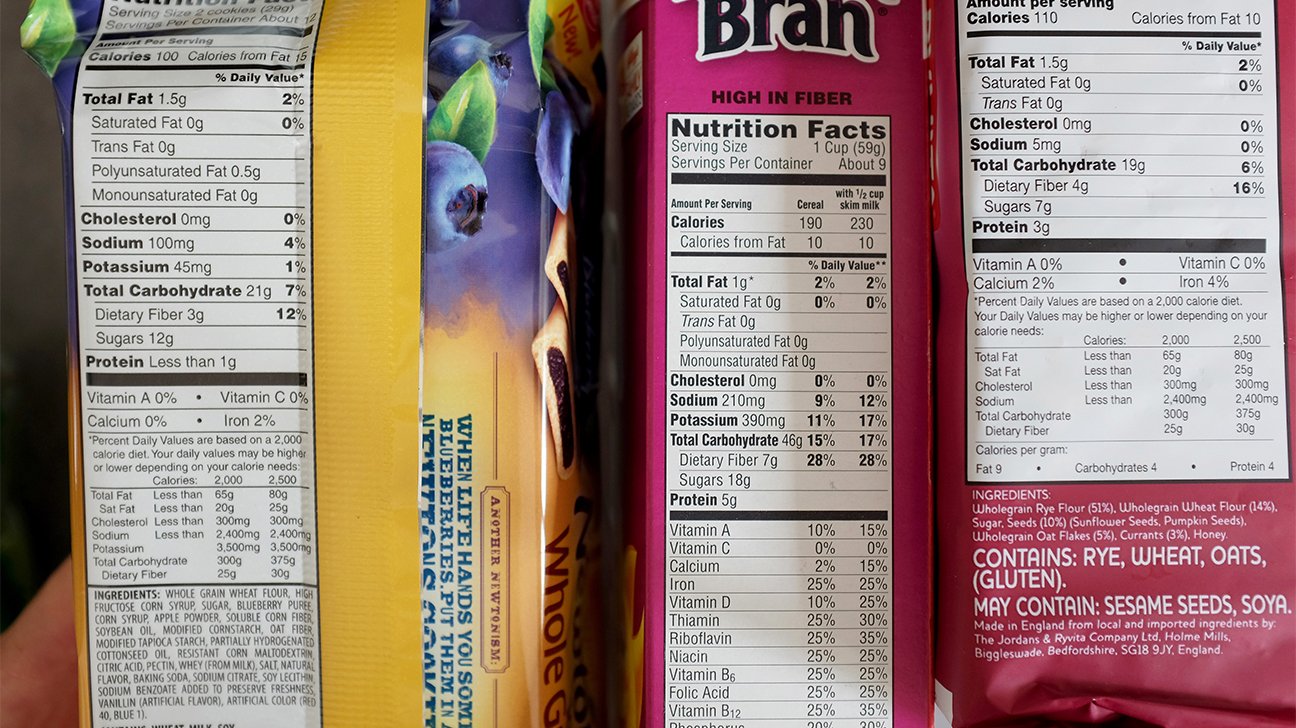Protein is a vital macronutrient that plays a crucial role in maintaining overall health and well-being. It is one of the three primary macronutrients, alongside carbohydrates and fats, and is essential for numerous bodily functions. Understanding the significance of protein in a balanced diet can help individuals make informed dietary choices that support their health goals.

Building Blocks of the Body
Proteins are made up of amino acids, which are often referred to as the building blocks of the body. There are 20 different amino acids, nine of which are essential, meaning the body cannot produce them and must obtain them from food. These amino acids are crucial for the growth and repair of tissues, the production of enzymes and hormones, and the maintenance of a healthy immune system.
When building a balanced diet, protein plays a crucial role in muscle repair and overall wellness. Many people overlook how proper nutrition supports daily energy levels and recovery.
Just as you might enjoy some entertainment at the Gladstone pokies, ensuring adequate protein intake can make everyday activities more enjoyable and sustainable.
Including lean meats, legumes, and dairy in your meals helps maintain this balance effectively.
Muscle Maintenance and Repair
One of the primary roles of protein is to support muscle maintenance and repair. Regular physical activity, particularly strength training, places stress on muscle fibers, leading to small tears. Protein helps repair these tears, leading to muscle growth and recovery. Consuming adequate protein is especially important for athletes, fitness enthusiasts, and anyone looking to maintain muscle mass as they age.
Supporting Metabolism
Protein also plays a significant role in metabolism. It has a higher thermic effect compared to carbohydrates and fats, meaning that the body burns more calories digesting and processing protein. Including protein-rich foods in meals can help boost metabolism and support weight management by promoting satiety and reducing hunger.
Sources of Protein
A balanced diet should include a variety of protein sources to ensure adequate intake of essential amino acids. High-quality protein sources include:
- Animal-Based Proteins: Lean meats, poultry, fish, eggs, and dairy products provide complete proteins, meaning they contain all essential amino acids.
- Plant-Based Proteins: Legumes, nuts, seeds, and whole grains offer valuable protein options for vegetarians and vegans. Combining different plant sources can ensure a complete amino acid profile.
Daily Protein Requirements
The recommended dietary allowance (RDA) for protein varies based on age, sex, and activity level. On average, adults should aim for about 0.8 grams of protein per kilogram of body weight. However, individuals who are active, elderly, or looking to lose weight may require higher amounts to support their needs.
Conclusion
Incorporating an adequate amount of protein into a balanced diet is essential for overall health and well-being. It supports muscle maintenance, repair, and metabolism while providing the necessary building blocks for various bodily functions. By including a variety of high-quality protein sources in daily meals, individuals can ensure they meet their protein needs and enjoy the many benefits that come with it.




